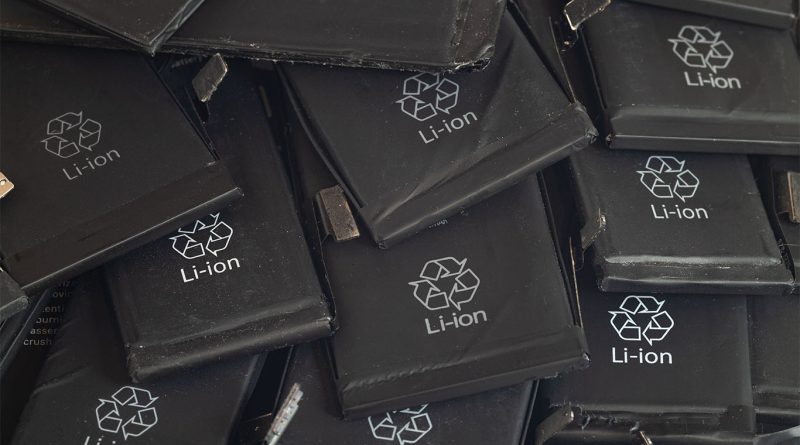Ascend Elements Pioneers Lithium-Ion Battery Recycling Innovation
The surge in electric vehicle adoption has underscored the urgency of addressing the environmental impact of spent lithium-ion batteries. Ascend Elements, a Massachusetts-based recycler, has emerged as a leader in this domain by producing lithium carbonate from recycled EV batteries.
As EV demand grows, so does the strain on global resources like lithium—a critical component for battery manufacturing. Traditional lithium mining, concentrated in regions like South America and China, is resource-intensive and environmentally taxing. Ascend Elements’ groundbreaking approach provides a domestic solution that reduces ecological harm while addressing supply chain challenges tied to foreign sourcing.
At the heart of their achievement is the company’s Hydro-to-Cathode® technology, which transforms spent lithium-ion cells into high-purity lithium carbonate. This material can be used to manufacture new cathode active materials, creating a circular economy for battery production. Ascend Elements is the first US-based company to achieve this feat, positioning the nation as a leader in sustainable EV practices.
The Covington facility, operational since 2022, is one of the largest of its kind in North America, capable of processing 30,000 metric tons of batteries annually. This capacity allows the facility to recycle enough materials to supply tens of thousands of new EV batteries each year.
Georgia’s Covington facility and its role in the EV supply chain
The Ascend Elements facility in Covington, Georgia, has become a cornerstone of sustainable EV battery recycling in the United States. Strategically located, the plant strengthens the domestic EV supply chain by reducing reliance on imported materials.
Spanning an expansive area, the Covington facility processes up to 30,000 metric tons of spent lithium-ion batteries annually, making it one of the largest recycling plants in North America. Using Hydro-to-Cathode® technology, the plant recovers over 98% of critical materials like lithium, nickel, and cobalt. Unlike traditional recycling methods, which are energy-intensive and generate significant emissions, this approach dramatically reduces environmental impact.
Advancing sustainability through innovative recycling processes
Ascend Elements’ Hydro-to-Cathode® technology is a transformative recycling method that directly synthesizes new battery materials from used cells. This closed-loop process minimizes waste and significantly reduces the carbon footprint of battery production.
A recent study revealed that this method cuts carbon emissions by 49% compared to traditional mining and refinement. The company aims to achieve a 90% reduction by 2030. The technology’s efficiency also reduces production costs, making recycled materials competitive with newly sourced alternatives.
The environmental and economic impacts of recycled EV batteries
Recycling EV batteries reduces the need for environmentally destructive mining operations and lowers carbon emissions. Ascend Elements estimates that for every ton of batteries recycled, significant greenhouse gas emissions are avoided.
Economically, reclaimed materials from spent batteries are less costly than sourcing new ones, offering savings to battery and vehicle manufacturers. This efficiency supports the wider adoption of EVs by lowering production costs.
Recycling also strengthens the US EV supply chain by reducing dependence on imported materials. Localized processing enhances resilience against geopolitical tensions and supply disruptions while supporting economic growth.
Ascend Elements’ approach has implications far beyond battery recycling. The company is scaling operations and forming partnerships with automakers to integrate recycled materials into new batteries, demonstrating the feasibility of a circular economy.
Policymakers may look to this success as a model for regulations promoting battery recycling, further supporting environmental goals. Additionally, Ascend Elements’ emphasis on reducing the carbon footprint aligns with industry and consumer demands for sustainability. The company envisions a future where nearly all EV batteries are recycled, maximizing resource efficiency and minimizing environmental harm.
Sources:
To keep up-to-date with our latest transportation and logistics news, subscribe to our newsletter today.
